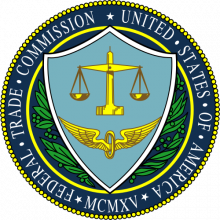Senate bill rewrite lets Feds read your e-mail without warrants
A Senate proposal touted as protecting Americans' e-mail privacy has been quietly rewritten, giving government agencies more surveillance power than they possess under current law.
CNET has learned that Patrick Leahy, the influential Democratic chairman of the Senate Judiciary committee, has dramatically reshaped his legislation in response to law enforcement concerns. A vote on his bill, which now authorizes warrantless access to Americans' e-mail, is scheduled for next week.













































































